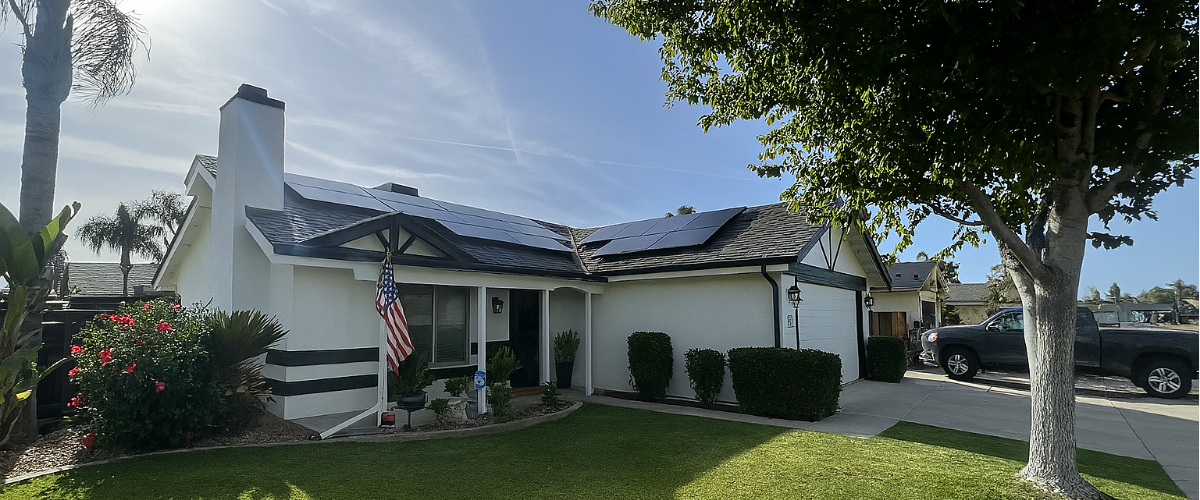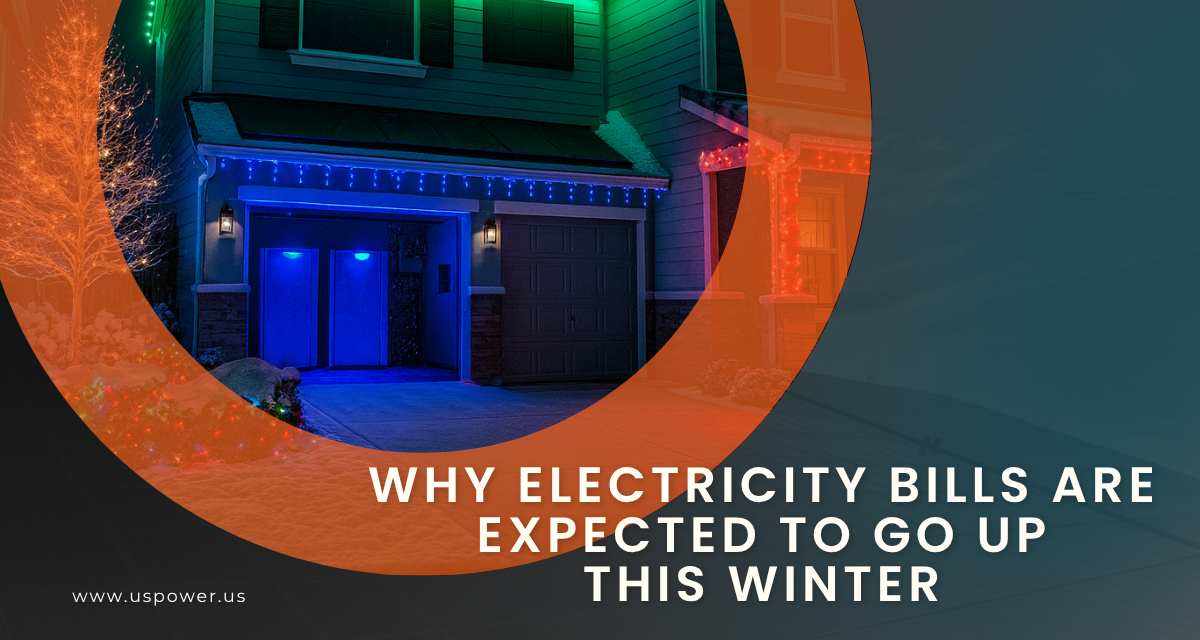Is Clean Energy Really Profitable? Debunking the Wealth Myth

Solar and Roofing Advisor
What you should know about clean energy. Is it really profitable? debunking the wealth myth.

As the global focus shifts towards sustainability, many wonder, is clean energy really profitable? The allure of renewable energy is undeniable, promising not only environmental benefits but also financial gains. Yet, misconceptions persist about its profitability. This blog post aims to debunk these myths and provide a clear understanding of clean energy's economic potential.
Is Clean Energy Really Profitable?
When considering whether clean energy is really profitable, it's crucial to analyze the economic landscape. The profitability of clean energy depends on various factors, including technology advancements, government policies, and market demand. Renewable energy sources like solar and wind have seen significant cost reductions over the past decade, enhancing their competitive edge against traditional fossil fuels.
• Solar power costs have decreased by over 80% since 2010
• Wind power costs have dropped by nearly 50% in the same period
These reductions have made clean energy investments more attractive and viable.
Clean Energy Profitability Myths
Despite the clear financial benefits, several clean energy profitability myths persist. One common myth is that clean energy requires substantial upfront investment with slow returns. However, the reality is that the initial costs are offset by long-term savings and government incentives.
• Government subsidies and tax credits significantly reduce initial costs
• Long-term savings from reduced energy bills enhance profitability
These factors contribute to a more favorable return on investment than many assume.
Financial Benefits of Renewable Energy
The financial benefits of renewable energy extend beyond cost savings. Renewable energy projects often create jobs and stimulate local economies. For example, the solar industry alone employed over 250,000 people in the United States by 2022.
• Job creation in manufacturing, installation, and maintenance sectors
• Increased local tax revenues from renewable energy projects
These benefits highlight the broader economic advantages of investing in clean energy.
Renewable Energy Cost Analysis
A thorough renewable energy cost analysis reveals that the levelized cost of electricity (LCOE) for renewables is now competitive with, or even lower than, fossil fuels. This metric considers the total cost of building and operating a power plant over its lifetime, divided by the total electricity generated.
• Solar and wind have reached grid parity in many regions
• Continuous technological improvements drive further cost reductions
These factors demonstrate how renewables are not only environmentally sound but also economically viable.
Our Part in the Economic Impact of Green Energy
The economic impact of green energy is profound, reshaping the global energy market. As countries invest in renewables, they reduce dependency on imported fuels, enhancing energy security and economic stability.
• Reduction in energy import costs
• Increased energy independence and security
These impacts underscore the strategic importance of transitioning to green energy.
The question is clean energy really profitable can be answered with a resounding yes. The financial benefits, coupled with the positive economic impact, make clean energy a lucrative investment.
As the market evolves, companies like US Power play a crucial role in providing innovative energy solutions. To learn more about how you can benefit from clean energy, explore our solar + roofing services.
Request an appointment today and get the most accurate info about switching to solar.
Frequently Asked Questions
Related Articles
Our Related Blogs
The 2026 Mustang Mach-E GT California Special Breaks Cover
No tax credit? No problem—Ford’s latest EV shows innovation still drives the future.
Why Electricity Bills Are Expected to Go Up This Winter
Cut holiday power costs during winter rate hikes with US Power solar savings.
How Many Solar Panels Do You Need for an EV in California?
See how many Qcells solar panels you need for home and charge your EV energy.








We empower communities and businesses to harness clean, renewable solar energy solutions that drive sustainable growth.
Ready to Own Your Power? Call us today!
818-650-8010
Copyright © 2025 US Power - Axia by QCells. All Rights Reserved.
Privacy is important to us, so you have the option of disabling certain types of storage that may not be necessary for the basic functioning of the website. Blocking categories may impact your experience on the website.
Essential
These items are required to enable basic website functionality.
Personalization
These items allow the website to remember choices you make (such as your user name, language, or the region you are in) and provide enhanced, more personal features.
Marketing
These items are used to deliver advertising that is more relevant to you and your interests.
Analytics
These items help the website operator understand how its website performs, how visitors interact with the site, and whether there may be technical issues.
We and our third-party partners use cookies and other technologies to enhance and track your experience on this site, conduct analytics, and personalize marketing to you. By using the site, you agree to our use of these technologies, including recording and monitoring your interactions with the site.
Get an instant solar estimate using satellite!









